The open treasury portal launched by the federal government shows that payments totalling N51 billion were made into individual accounts in 2019.
This is contained in the ‘Nigeria’s Spending Platform: Review, Gaps & Recommendations’ report released by BudgIT, a civic tech organisation, on Thursday.
The minister of finance launched the open treasury portal on December 9, 2019, saying the office of the accountant general of the federal would publish payments of at least N10 million outlining the MDA responsible, the beneficiary, the purpose and amount of each payment while ministries, departments and agencies are required to publish payments above N5 million.
BudgIT said it “collated and analysed over 100,000 payment entries from over 600 distinct spreadsheets” combining it with the budget implementation spreadsheet to review the platform and provide recommendations.
Advertisement
“Since government contracts are signed with companies, the expectation is that payments are likewise made to companies and not individuals. Where this is not the case, an explanation is required to ensure full transparency,” the report read.
“Between January and July 2019, over 2,900 payments to individuals were recorded at an aggregate value of N51 billion. A few examples include N2.04 billion, N2.04 billion and N1 billion paid into personal accounts on June 21, 2019, without any payment description as well as a N68 million payment for “Ogunsuyi” and N15.8 million for “international” on other dates.”
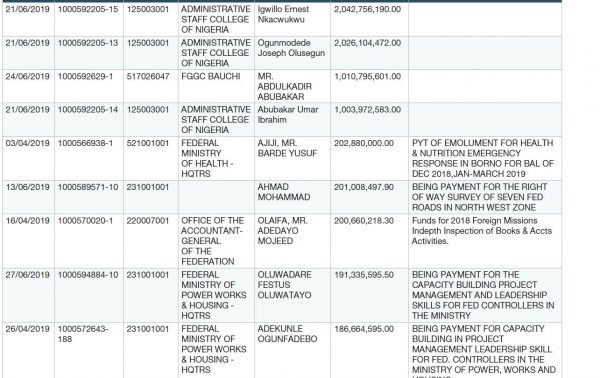
BudgIT said it also discovered that different amounts were made to the same beneficiary on the same day with the same description.
Advertisement
“The reasons and rationale for these are unclear and should be clarified, otherwise, they appear suspicious.
“The last two days of December 2019 saw the highest number of payments with 4498 payments on December 30 and 3560 payments on 31 split into two batches. This is a marked shift from other end of quarter payment records – e.g. the last days of Q1, Q2 and Q3, 2019 had 67, 208 and 177 recorded payments respectively.
“At N421 billion, the payments made on December 30 and 31 – the last two days of 2019 accounted for 9% of total payments recorded on the platform in that year.
We are worried about why the government would make such large payments on the last two days of the appropriation act.”
According to the report, there were also payment records without corresponding information on ministry, organization and beneficiary and likened such to a situation where “millions of naira were spent but are not traceable”.
Advertisement
“275 payment records with a value of N43bn in 2019 were without the beneficiary name. As such, the public does not know where these funds went to,” it said.
“Over 5,000 payments records in 2019 were without descriptions. This represents N278 billion worth of payments which cannot be adequately assessed by citizens and interested parties and therefore defeats the purpose of the platform to foster transparency.
“In addition to these, there are numerous more payment records with vague descriptions such as “local”, “international” to name but a few.”
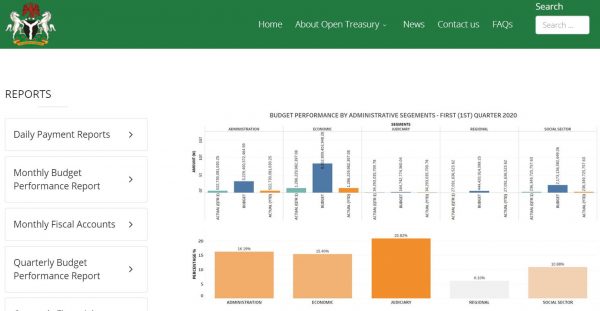
Other gaps identified in the report were the inability to ask questions or provide feedback as contact details published on the website are not reachable, budget figures provided different from those in the appropriation act, the absence of a central online searchable database where transactions can be searched at once, and how citizens can track spending from the International Monetary Fund loan given the current structure of the platform.
Advertisement
In a letter to the IMF requesting the loan, the finance ministry and Central Bank of Nigeria assured that the platform would be used to track how the $3.4bn loan is spent.
Advertisement
1 comments

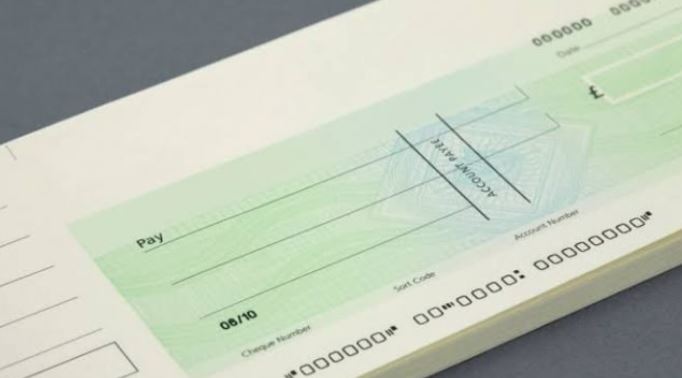


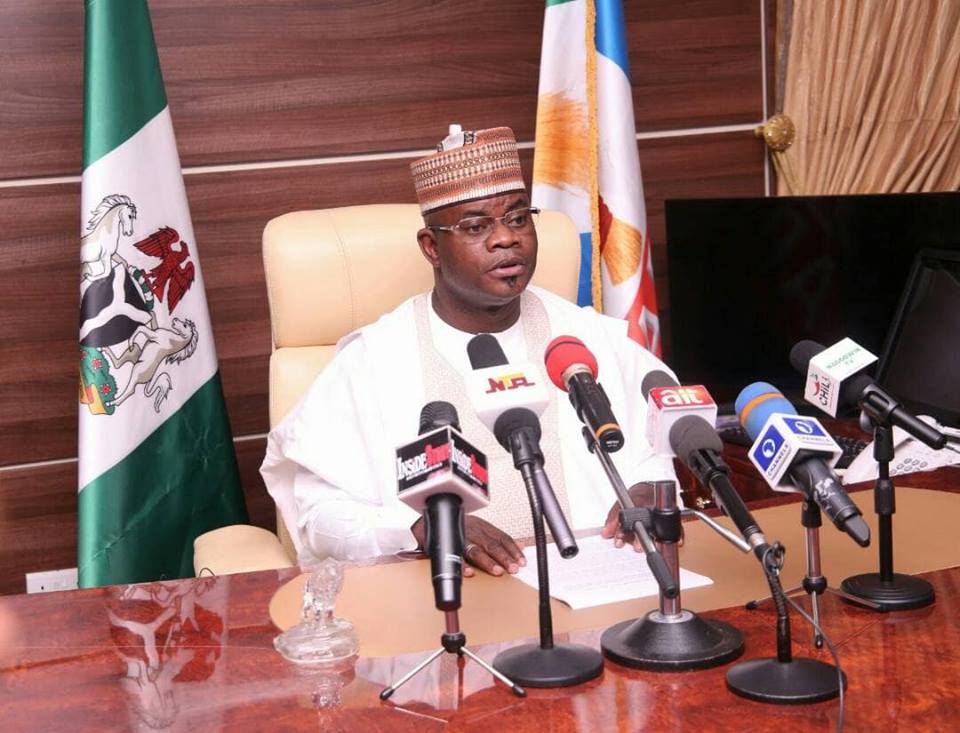
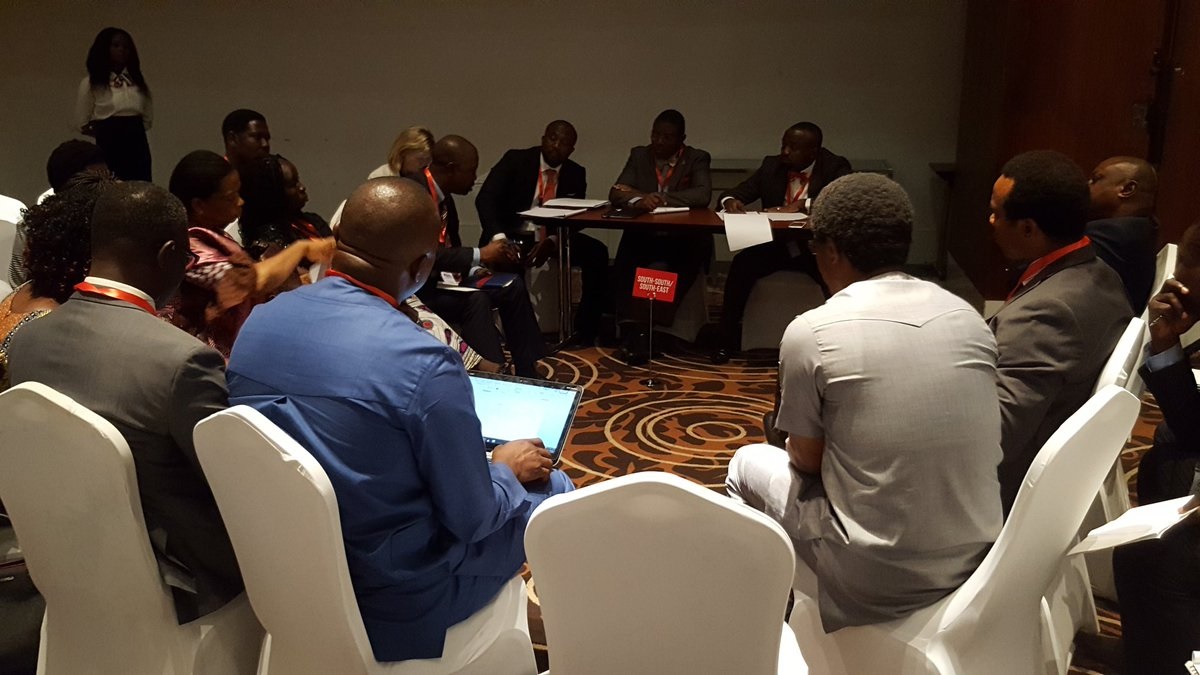

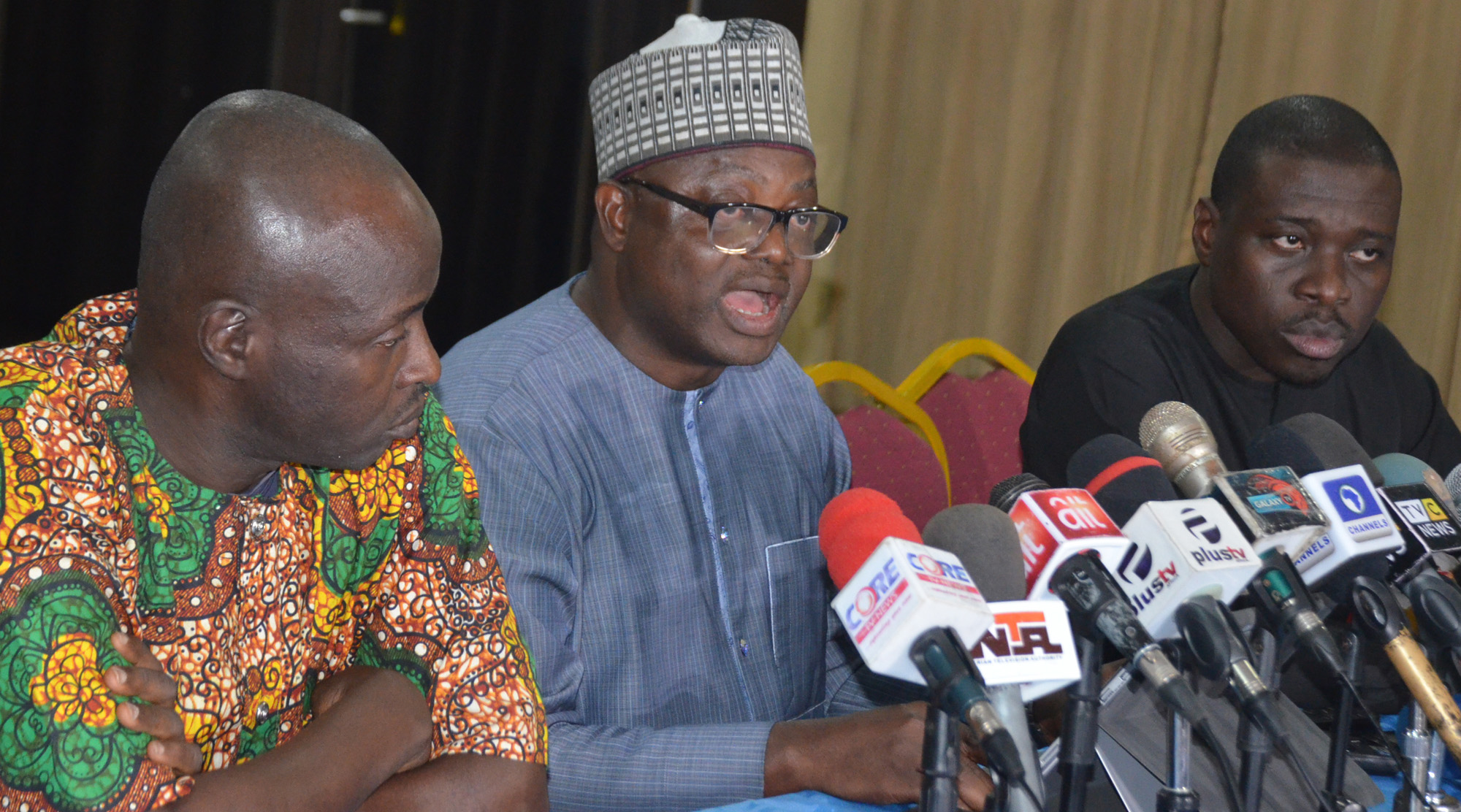
very good step to fight and end corruption in Nigeria, politicians who steal our money must pay heavy price for it, those who can asked question about the abnormal payments should act immediately ,it is better to blocked loopholes